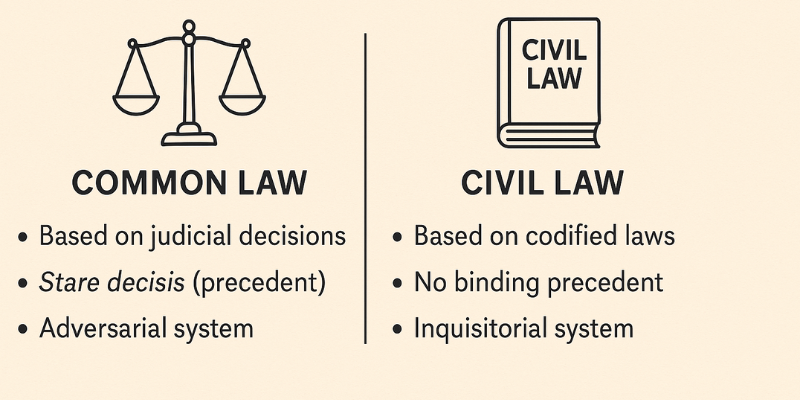A degree in Business Management opens a wide array of career opportunities across various industries. The versatile nature of this degree equips graduates with skills applicable to numerous roles, ranging from traditional corporate positions to innovative entrepreneurial ventures. This article explores the potential career paths, the skill set acquired through a Business Management degree, and how these can be applied in the professional world.
Career Opportunities
1.0 Management Consultancy
Management consultants play a crucial role in helping organisations improve their performance by analysing existing organisational problems and developing plans for improvement. According to Greiner and Poulfelt (2010), management consultancy is a highly dynamic field that requires analytical skills, problem-solving abilities, and an understanding of various business operations.
2.0 Financial Management
A career in financial management involves planning, directing, and coordinating accounting, investing, banking, insurance, securities, and other financial activities. Financial managers are essential in maintaining the financial health of an organisation. They prepare financial reports, direct investment activities, and develop strategies and plans for the long-term financial goals of their organisation (Brigham & Ehrhardt, 2013).
3.0 Marketing and Sales Management
Marketing and sales managers are responsible for driving the sales strategies and marketing campaigns of an organisation. They work to understand consumer behaviour, identify new market opportunities, and develop strategies to increase product sales and brand awareness. Kotler and Keller (2012) emphasise that these roles require creativity, strategic thinking, and excellent communication skills.
4.0 Human Resource Management
Human Resource (HR) managers oversee the administrative functions of an organisation. They manage recruitment, employee relations, compensation and benefits, and ensure compliance with labour laws. According to Armstrong and Taylor (2014), HR managers must possess strong interpersonal skills, a deep understanding of organisational behaviour, and the ability to manage conflict and drive organisational change.
5.0 Entrepreneurship
A Business Management degree also provides the foundation for starting and running your own business. Entrepreneurs leverage their knowledge of business operations, finance, marketing, and management to launch and grow their own ventures. The ability to innovate, take risks, and manage all aspects of a business is crucial for entrepreneurial success (Hisrich, Peters & Shepherd, 2016).
Skill Set Acquired
A Business Management degree imparts a variety of skills that are highly valued in the job market:
1.0 Analytical Skills: The ability to assess complex information, identify problems, and develop viable solutions is central to many business roles.
2.0 Leadership and Management Skills: Understanding how to lead teams, manage projects, and drive organisational success is a key component of business education (Yukl, 2013).
3.0 Financial Acumen: Knowledge of financial principles, including budgeting, forecasting, and financial analysis, is crucial for many business roles.
4.0 Communication Skills: Effective communication, both written and verbal, is essential in business to convey ideas, negotiate deals, and collaborate with stakeholders (Clampitt, 2016).
5.0 Strategic Thinking: The ability to think strategically and plan for the long term is a critical skill for business leaders and managers (Lynch, 2015).
Practical Applications
The skills and knowledge gained from a Business Management degree can be applied in various ways:
1.0 Corporate Sector: Many graduates find opportunities in large corporations where they can apply their skills in departments such as finance, marketing, human resources, and operations.
2.0 Small and Medium Enterprises (SMEs): SMEs often require versatile employees who can handle multiple roles, making the broad skill set of Business Management graduates particularly valuable.
3.0 Public Sector: Government agencies and non-profit organisations also seek individuals with strong management skills to oversee projects, manage budgets, and improve efficiency.
4.0 International Opportunities: The global nature of business today means that there are numerous opportunities for Business Management graduates to work abroad, helping
A degree in Business Management offers a broad spectrum of career opportunities and equips graduates with a diverse set of skills. Whether aiming for a role in management consultancy, financial management, marketing, human resources, or entrepreneurship, the versatility of this degree ensures that graduates can adapt to various industries and roles. The comprehensive skill set acquired through a Business Management degree is highly valued across the job market, making it a worthwhile investment for those aspiring to thrive in the business world.
References
Armstrong, M. & Taylor, S. (2014) Armstrong’s Handbook of Human Resource Management Practice. Kogan Page.
Brigham, E.F. & Ehrhardt, M.C. (2013) Financial Management: Theory & Practice. Cengage Learning.
Clampitt, P.G. (2016) Communicating for Managerial Effectiveness. SAGE Publications.
Greiner, L. & Poulfelt, F. (2010) Management Consulting Today and Tomorrow: Perspectives and Advice from 27 Leading World Experts. Routledge.
Hisrich, R.D., Peters, M.P. & Shepherd, D.A. (2016) Entrepreneurship. McGraw-Hill Education.
Kotler, P. & Keller, K.L. (2012) Marketing Management. Pearson.
Lynch, R. (2015) Strategic Management. Pearson.
Yukl, G. (2013) Leadership in Organizations. Pearson.













